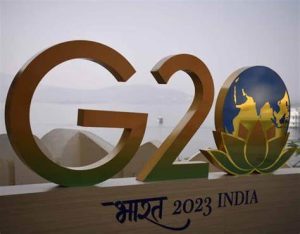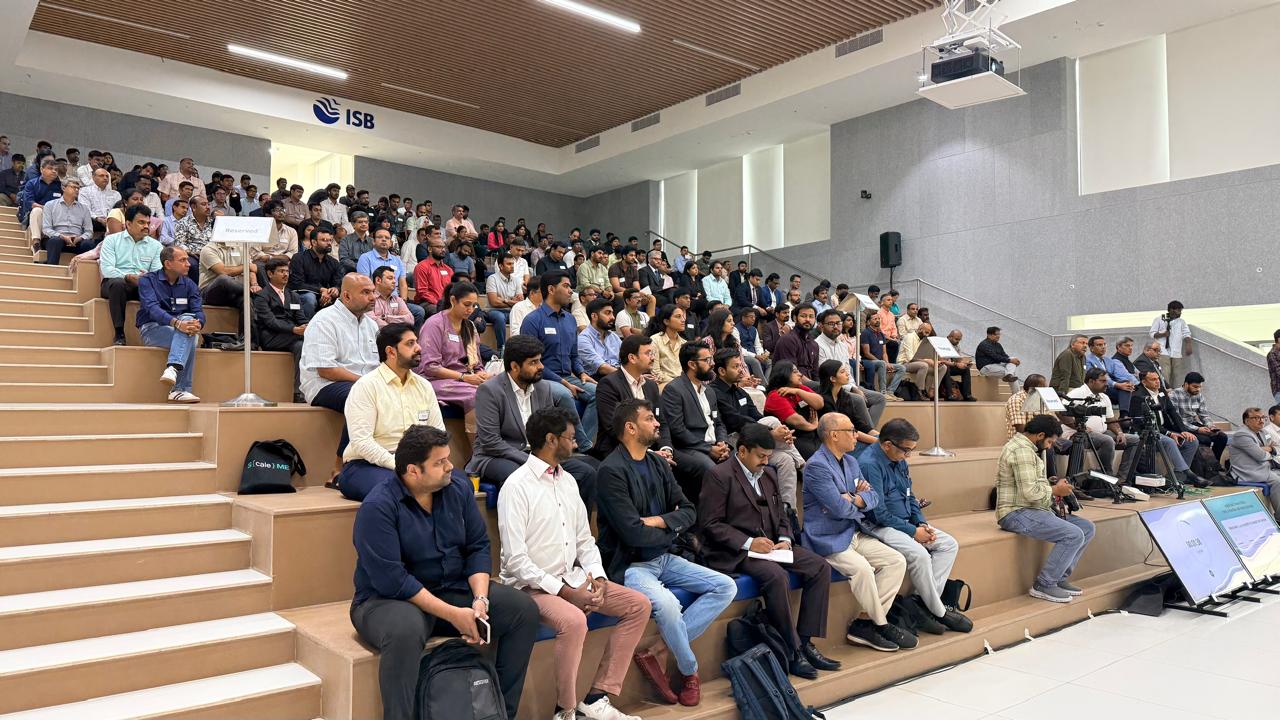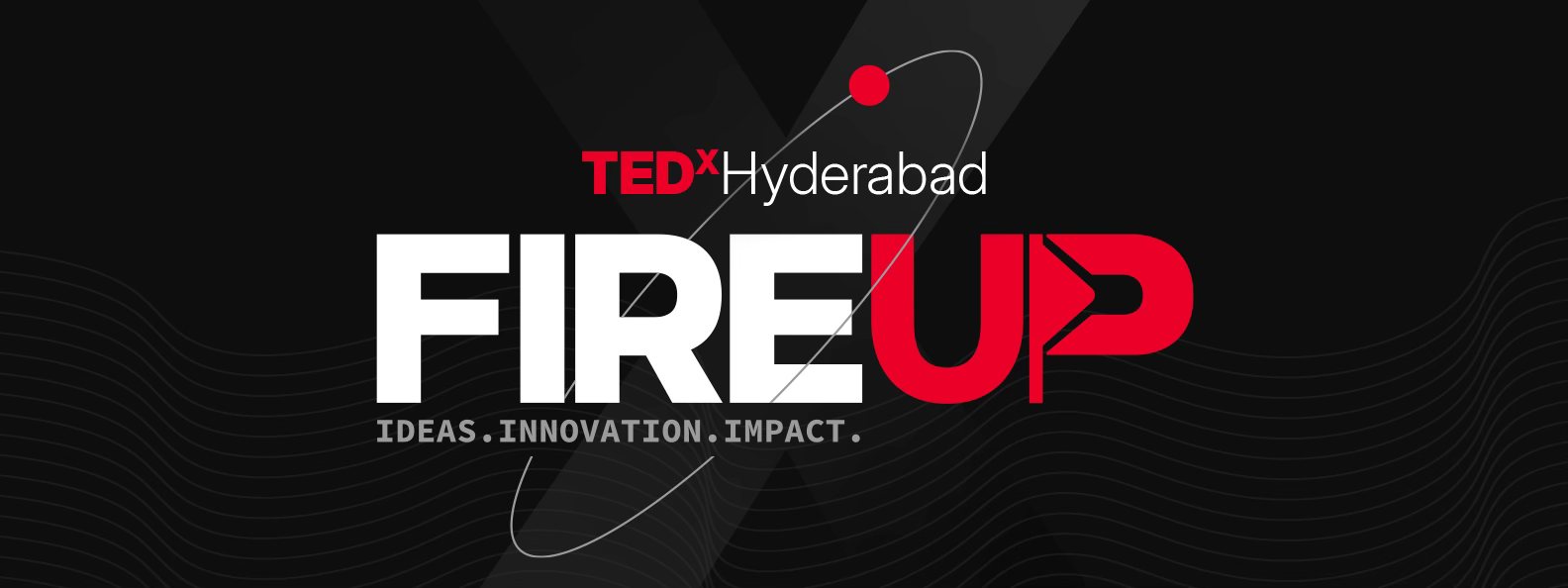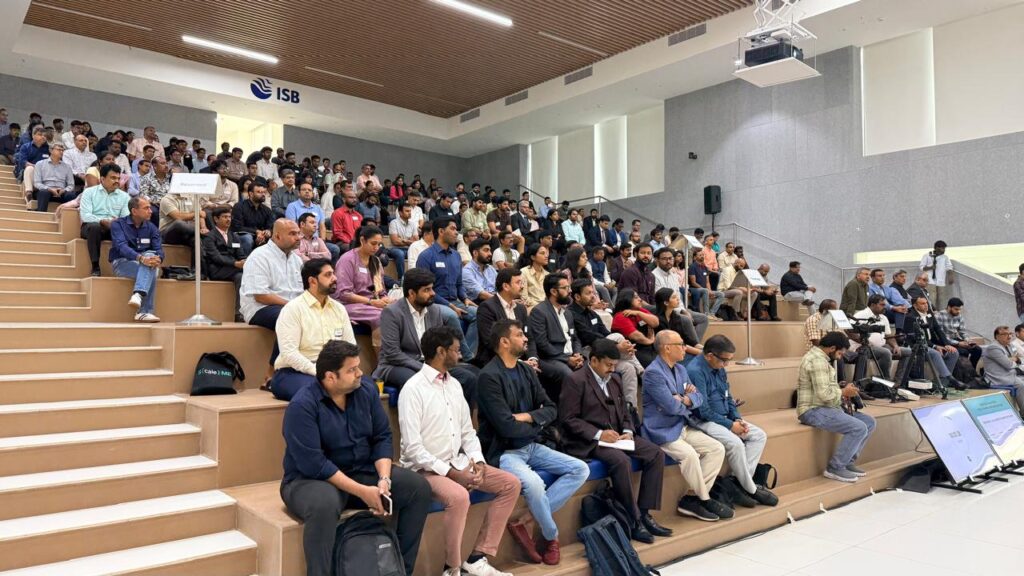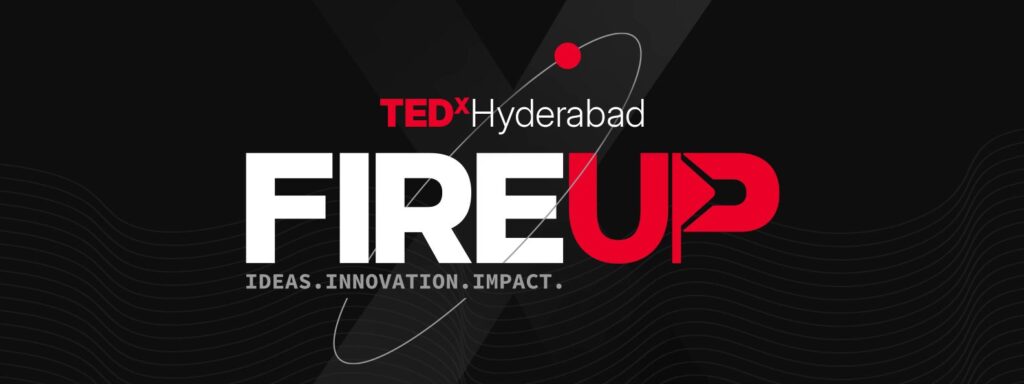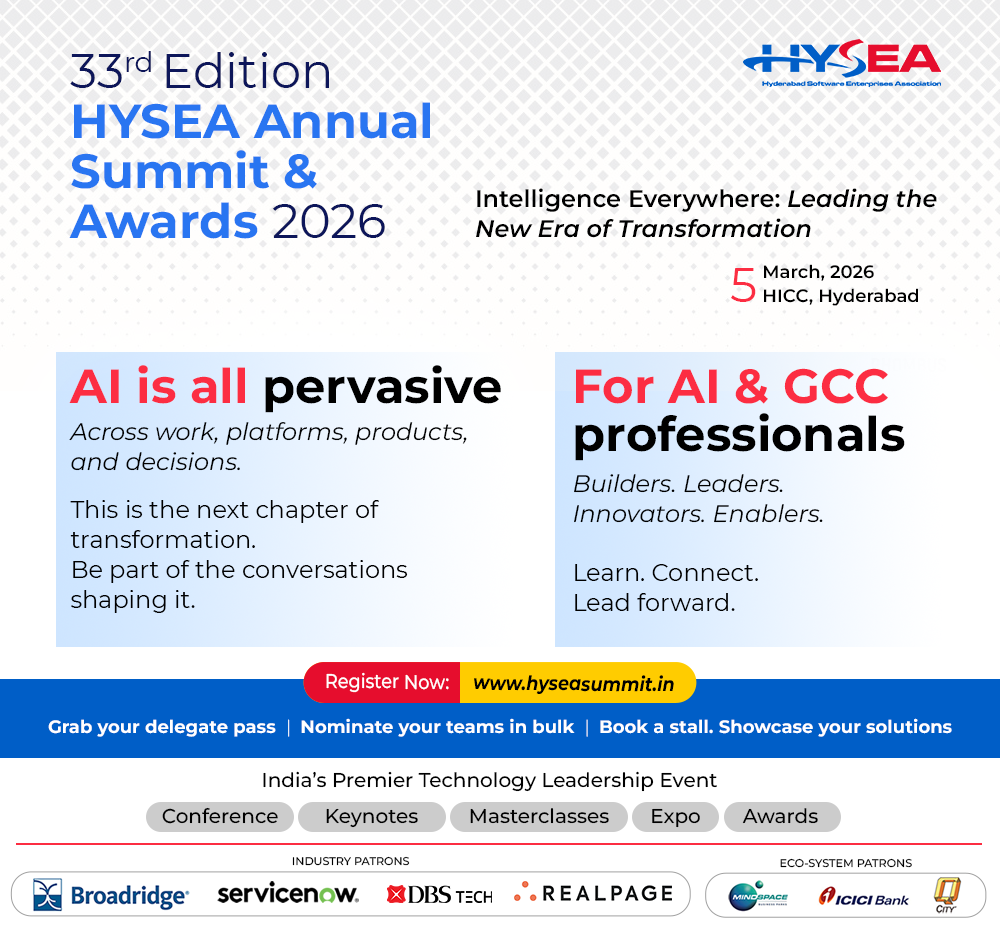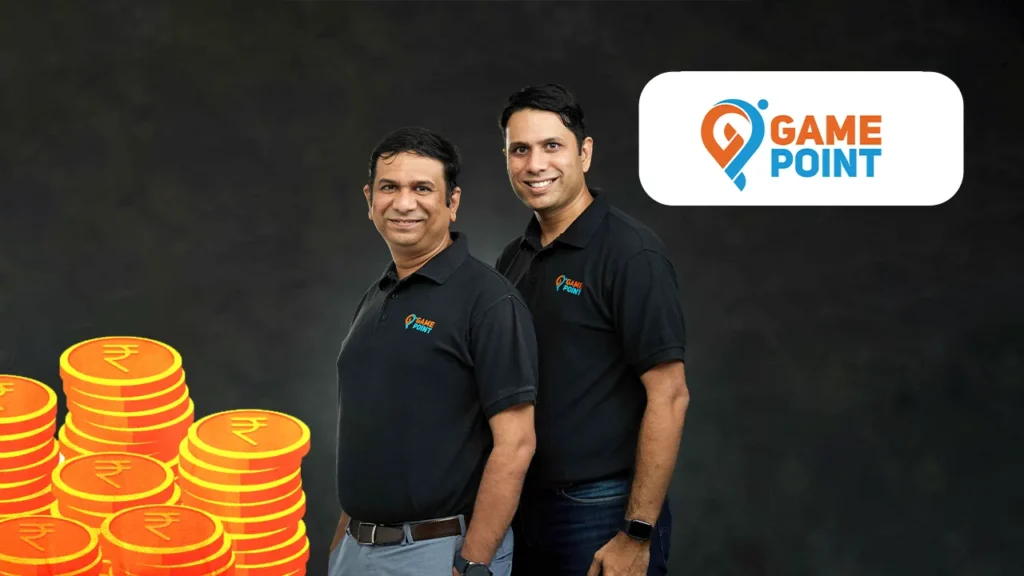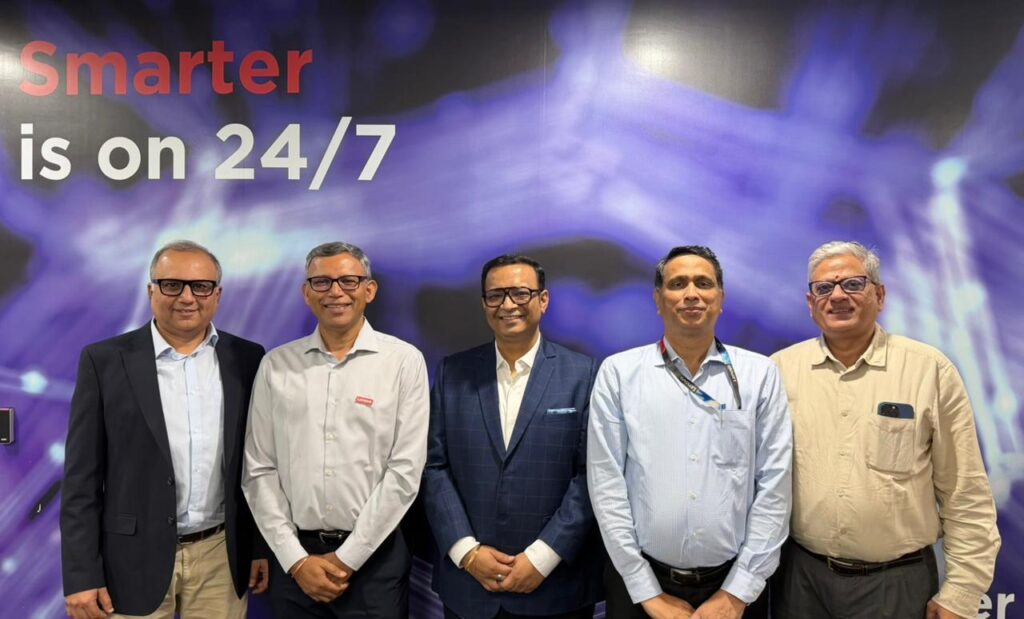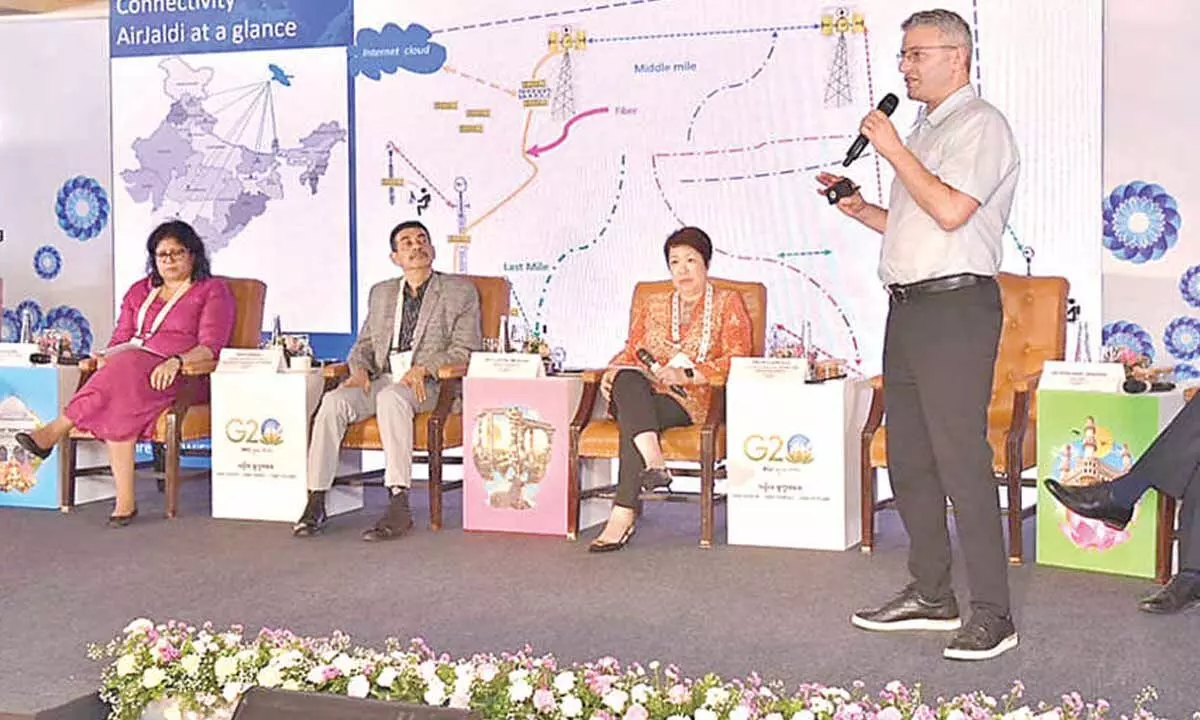
The Internet has been an important aspect to transform lives. Digital literacy and skilling will benefit the society and economy in several ways, as India attempts towards development. Hyderabad, Telangana is an emerging player in this industry, and this opportunity to explore these technologies and topics through the G20 Summit.
The G20 Digital Economy Working Meeting began in Hyderabad with multiple discussions underway. Expert panelists from diverse fields engaged in discussions. They dealt with topics ranging from high-speed mobile broadband and its impact on society to digital inclusivity, and sustainable green digital infrastructure. During the second DEWG meeting, the challenges and opportunities were discussed across the three thematic sessions organized by DoT. Approximately, 140 delegates from member & invitee countries and international organizations will be deliberating upon various issues during the three-day meeting.
Session One: High-Speed Mobile Broadband and its Impact
The Department of Telecommunications (DoT) organizes the first-panel discussion session; ‘High-Speed Mobile Broadband and its Impacts.’ The panel comprised esteemed panelists such as YGSC Kishore Babu, DDG-DoT-GoI (moderator); Sithuraj Ponraj, director (International Affairs); Government of Singapore, Arun Sharma, senior digital specialist, World Bank, Rahul Shah, director-APAC, GSMA, Abhishek Singh, president & CEO, NeGD, MeitY.
Discussing topics ranging from the last mile of high-speed connectivity, digital services in social areas (such as education, health, and agriculture), impact and innovation enhancement using AI, and IoT, to industry 4.0, and society 5.0. The gaps present in the society where several rural areas lack access to mobile internet and smartphones were discussed. Opportunities to provide assistance to senior citizens and people in rural areas were also discussed.
Session Two: Digital Inclusion – Connecting the Unconnected
The second thematic session focuses on ‘Digital Inclusion – Connecting the Unconnected‘. The panel was graced by Nur Sulyna Abdullah, special adviser, ITU (moderator); Jayesh Ranjan, Principal Secretary (IT); Helani Galpaya, CEO, LIRNE Asia, Mlungisi Mthimunye, chief director for ICT, Government of South Africa, and Dr. RajKumar Upadhyay, CEO, Centre for Development of Telematics, and Michael Ginguld, co-founder, director, Strategy and Operations, Air Jaldi.
The panel discusses the need to connect people with the planet for digital transformation. The panel discussed important aspects such as access, adoption, value creation, meaningful uses, awareness, speed, affordability, infrastructure, digital skilling, content, enablement, and an assisted approach to adoption.
During the inaugural address, the Minister of State for Communications and IT Devusinh Chauhan during said; “The government’s focus is on bridging the digital divide“. Elaborating on the need for better facilities, he says that; “all villages in the country will be covered by broadband facilities by 2025“. Stating that India is working on 6-G technology, he says that efforts are underway to cover the uncovered and last-person connectivity in the digital economy.
Session Three: Sustainable Green Digital Infrastructure
The third and last thematic session of the day dealt with ‘Sustainable Green Digital Infrastructure: Challenges and Opportunities‘. Experts such as Shuva Raha, Head – of New Initiatives, Council on Energy, Environment, and Water (Moderator); Avinash Shekhar, APAC Head of Energy and Water Strategy, AWS; Preetam Maloor, Head, ET Division-ITU, Mr. Daniel Brandà£o Cavalcanti, Coordinator for Digital and Telecom Policy, Government of Brazil; and Randeep Sekhon, CTO, Airtet were present at the meeting.
If you are looking for a Digital Transformation check out THE 8800
The panel discussed at length the digital infrastructure going green; and its intersection with the physical infrastructure of other sectors going green. The panel also witnesses in-depth discussions relating to sustainable development goals; reduced carbon footprint, renewable energy, reconditioning/recycling, and efficient digital transformation. The global & industrial best practices were also covered.
In the second half of the day, the delegates experience a unique digital experience. Visiting IIT-Hyderabad, they showcase India’s path-breaking projects and cutting-edge research in digital and telecom technologies; such as 5G products, 5G base stations, 6G system prototypes, autonomous navigation test-bed, and AI-powered RNA- electronic test kit.

